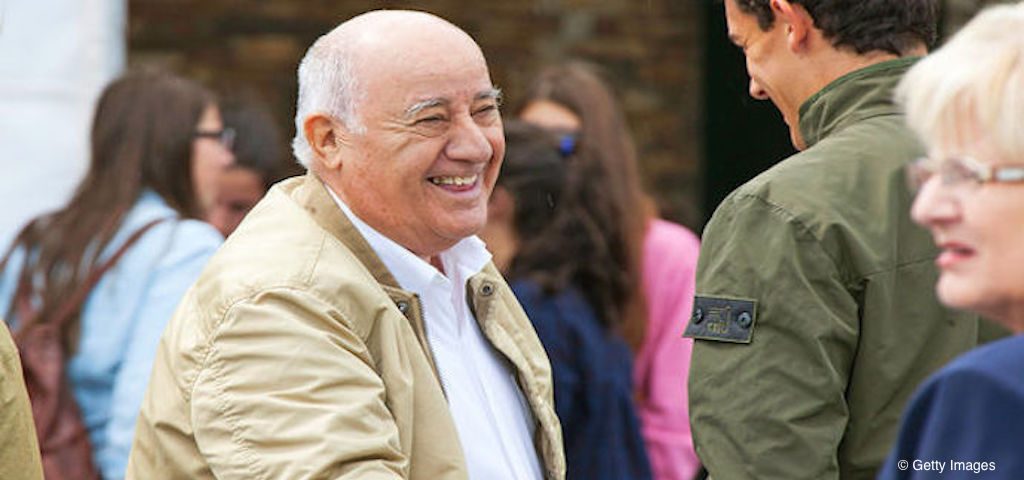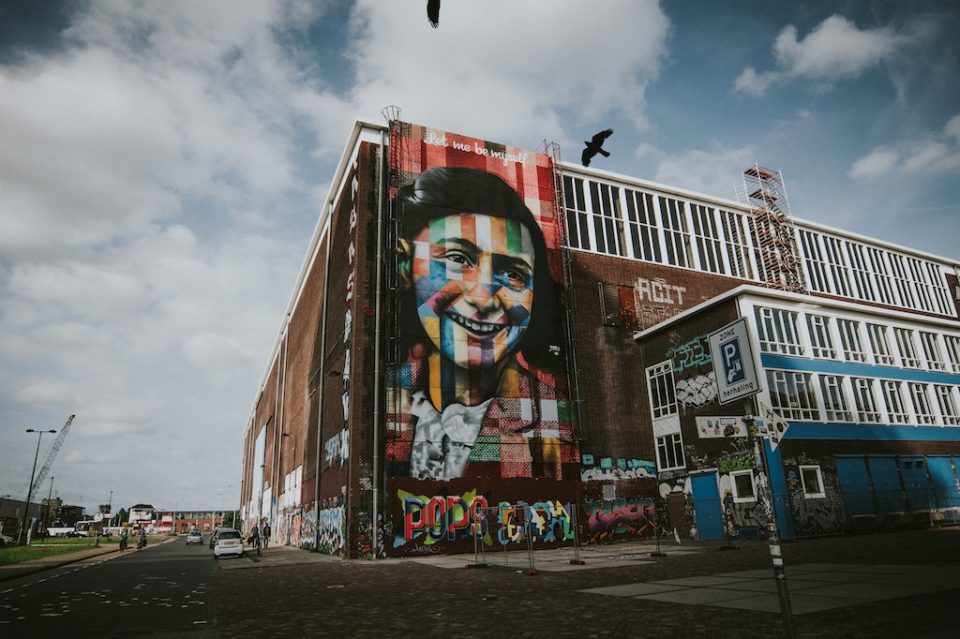The Inspirational life of Amancio Ortega

How paper improves our lives: The HIV-positive poster
February 23, 2017
5 Relaxation Techniques you can use at your desk
March 16, 2017
To call the life of a successful businessman in the world of fast fashion inspirational might come as something of a surprise, but Amancio Ortega’s life is just that.
81 this year, Ortega still enjoys the simpler kind of life that he came from, and enjoys raising chickens on his country estate in his spare time. Although said to be a very private man, Ortega is a very familiar face in his home town, which is the headquarters of Inditex, the company behind Zara – the most successful fashion brand in the world.
Amancio Ortega, however, doesn’t wear clothes from the brand, preferring a simple uniform of blue blazer, white shirt, and grey trousers.
In 2015, he became the second richest man on the planet – behind Bill Gates and ahead of Warren Buffet – but still goes to the same coffee shop he always has done, in the city of La Coruña, where he has spent most of his life.
Even though he stepped down as Inditex’s chairman in 2012, he still makes the journey to the company headquarters most days, and can be found eating lunch in the cafeteria with the employees.
Ortega’s achievement is surprising given the hardship he experienced growing up.
He was born in 1936, in Busdongo de Arbas, a small village in Northern Spain, where his railway worker father and housemaid mother earned so little that often there wasn’t even money for the basics – some meals were ‘only potatoes’.
He started contributing to the household income at the age of 13, when he took on an apprenticeship at Gala, a mens’ outfitters in La Coruña, and by the time he was in his early twenties, he had branched out into making bathrobes with his siblings, and with Rosalia Mera – the girl he would go on to marry.
They opened their first Zara store together in 1979
Today there are 7000 globally – and the city has its own five-storey store today, just a short walk from the original shop a little way away. Mr Ortega still owns nearly 60% of Zara’s holding company, Inditex, and it’s thought that his personal wealth does occasionally surpass that of Bill Gates, depending on the stock price at the time.
His refreshingly down to earth approachability is no doubt also in part down to an absence of any formal education. A voracious reader of novels and newspapers, he is uncomfortable writing, and even less so with having his own office, computer, or even his own desk. Unlike many other bosses of any level, let alone of a company like Inditex, he prefers to mix in with his colleagues, working in the design room, or on the shop floor.
His most valuable quality, his business partner of over 30 years says, is his dual ability to both listen, and to delegate.
And, no doubt, his desire to keep production close to home, rather than outsourcing to China and India, as have many of his competitors. Over half of the items are made in Spain, Portugal and Morocco – the three main markets – allowing Zara to stay absolutely current, with deliveries of the most up to the minute items twice a week.
An introvert, he shies away from publicity wherever possible, rarely accepting awards, and avoiding the camera. He is also a philanthropist – where he can avoid the publicity – offering 500 scholarships a year to Spanish students overseas, and donating to emergency relief and Catholic charities.



